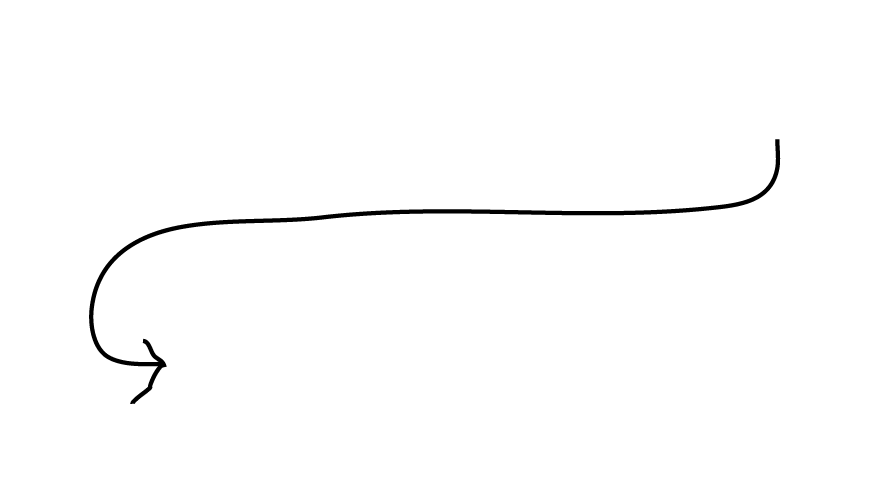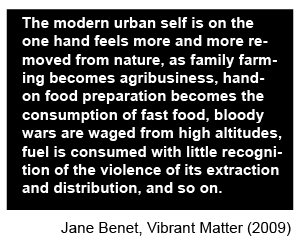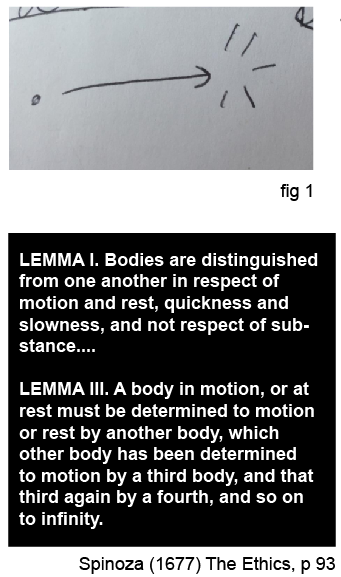This project explores the ideas of productivity and work. We are told that we are what we do and that we need to be productive all the time, so the idea of spare becomes increasingly confusing. Learning skills just for the sake of it is often seen as unproductive.
By inviting differnt people to participate in the hand-made production of a piece of fabric, I am aiming to create a conversation on the concept of doing something that will lead to supposedly no direct individual outcome of ones own. These activity invite people to weave alongside many other makers - to learn a new skill and participate in the making of a collective piece of textile.
The joint outcome will become the physicality of a network and collaboration between all the participants. The activity will welcome conversations, reflections, questions and hopefully answers about the explored ideas of productivity and work.
When designing domestic facilities there is a need to think about the relationships between space, human and the facility. We are all connected, says Delueze, everything we do it’s going to affect to the others. We are part of a network of connected individualities as much as everything is related. Every action has a consequence. (fig. 1)
The individuality of a body is defined by the relation of the particles that is composed; the relation of motion and rest, of speeds and slownesses between them. A body cannot be think as a whole single thing but as a composition of infinite particles and the relation between them. A body is not defined by form of function. One never commences, there is never a tabula rasa; one slips in, enters in the middle; takes up or lays down rhythms. Life and each living individuality cannot be understood as a form or a developments of form but as a complex relation of kinetic principles of particles. The capacity for affecting and being affected that occurs between bodies is what defines a body and its individuality. As individual bodies we have the capacity for affecting and being affected.
Because of mass production we are getting every time less close to the products and materials that we consume. Things are being made just to be sold but there is little consideration for the product after it gets sold so it leads into a situation where there is a real disconnection between the maker and the consumer. Since everything is easily replaceable so so things become worthless. Worthless, there we go. To make things more valuable there is a need to design systems that bring back these relationships between people and materials. Perhaps by doing less, and while things may have a higher cost, they will have their


The fair cost is a point of conflict. I find very easy to say that, and to preach this idea that things need to have their authentic value. Mass production is one the reason why things are cheaper and so more people can access to more things. Weather if this is a good or a bad thing is where I find myself in conflict. I had this conversation a lot on the past years. This bit of writing has personal content. I’ll put very basic examples. Zara produces its clothes in factories in countries where labor is paid very little. While people is making this clothes under very bad conditions I can buy them in a very accessible price, but the company still gets a big profit margin. Because of my position on society I can see that this is wrong and so I can stop buying on this shop. I have the time to research about this issue. I also know that I can’t ask to everyone to get to this same thinking. In my own family, being aware that they are still in a privilege situation, my mother will still shop in these stores, because it’s cheap so she can get more for less. Compared with brands that manufacture their clothes in a more ethic way Zara is cheaper although it doesn’t have a fair price. Same happens with other products like food, furniture and electronic devices. The reason why shops like Zara, part of the group Inditex that has the same ways of producing as many others, are still so popular may be because what Cunningham says about the disconnection between the production of the product and the product. When a t-shirt is being purchased in a fast fashion shop the labor becomes invisible, whereas in a piece of clothes that has been crafted or ethically made in your same city this process can be seen.
But these reflections are being made in the frame of consumption weather responsible or not. My question is if we really need to consume that much that we need to create these alternative more ethic spaces to consume.


In circular economy it needs to be think about relationships more than the formats and function. The inanimate has to be think as animate. The object will be accomplishing a mission in motion so it needs to be think how it will perform and for that the relations of space subject and object need to be considered before the form and function of the object itself. There is a difference between being and becoming as much as being is static and becoming has motion. Being is stable and becoming subject to change. Identity does not allow change but stays the same. Politics using identity becomes problematic. The idea of identity is rather conservative and never changing. We need to be forever changing. When thinking about change and organizations; change does not happen to organization but organizations happen to change. We are connected to stuff more than we think or perhaps we take to much for granted these connections. And not only to thinks like electronics (phone, laptop, TV…) but actual stuff like the home mobiliare, ornaments, public infrastructures…
The excess figures that are used to define supermodernity are time, space and the individual. Since there is a superabundance of events and we receive a huge quantity of images, fake and real, and everything happens at once, time becomes hard to conceive. This huge amount of inputs that we receive are in part because we get to move through the space quicker, as a consequence the planet feel smaller, there is an excess of space. On top of that, all that big amount information that is being constantly given is interpreted individually by each of us. In these non places that are a consequence of supermodernity, interaction, collaboration and collective are not a norm, but each individual has its space and it’s not connected with the others like a big broth of part floating independently. In a time where there is more connections than ever and where you can communicate with people that are as far as the other side of the planet it seems like we are less physically connected. As long as there is a superabundance of people, information and images individuals are unnoticed in this overcrowding. Because the scenarios and situations are by chance rather than routine, tradition will fell in oblivion.
In the present there is little since of eco but rather ego. Benet talks about the three ecologies that are environmental, social and mental and how the problem we are facing in modern times affects to the three of them. She suggests that a greener self-culture-nature will require not only new “laws, decrees and bu- reaucratic programmes” but “new micropolitical and microsocial practices, new solidarities, a new gentleness, together with new aesthetic and new analytic practices regarding the formation of the unconscious”. To break the established and think about alternatives is an emergency.
Bob Black says in The Abolition of Work, an action that ones does not work just for the seek of it but rather for the end and benefit that other obtain from it. The line between what you do for labor and leisure becomes blurry because of the conception of productivity that we have now a days. From Monday to Friday one works in the office 40h or more and that time counts as productivity although these 40h are not fully invested in work. There’s a feeling of exhaustiveness by the time weekend comes. The spare time to commit on the practices that one does for passions is less and less every time. And specially with this new wave of Make your Passion your Work. If a hobby becomes the source of money income, is not a hobby anymore. What Black suggests is that live should become a game. We should work and experiment rather than work. Instead of conceiving the work as a thing we do to get a final product that we obtain, it has to be conceived as the experience of the activity itself.
Going back in time, the hunter gatherers way of doing was to work only under the necessity of finding food. As much as it could seem a more hard situation they worked less hours than the modern human. It is when the product gained worth capital and the exchange of goods where private property was created and with it the work. When the human need to find food to survive it uses all their skills and intellectual and it’s more challenging, more like a game. In the modern office there’s not such challenge but only economic recompense. While getting to a point of a society with no work may be seen as going back in time, we could see it, just as Black sees it, as progression. The concept of work need to be re-thinked. And also the idea of productivity.
BREAK
<--